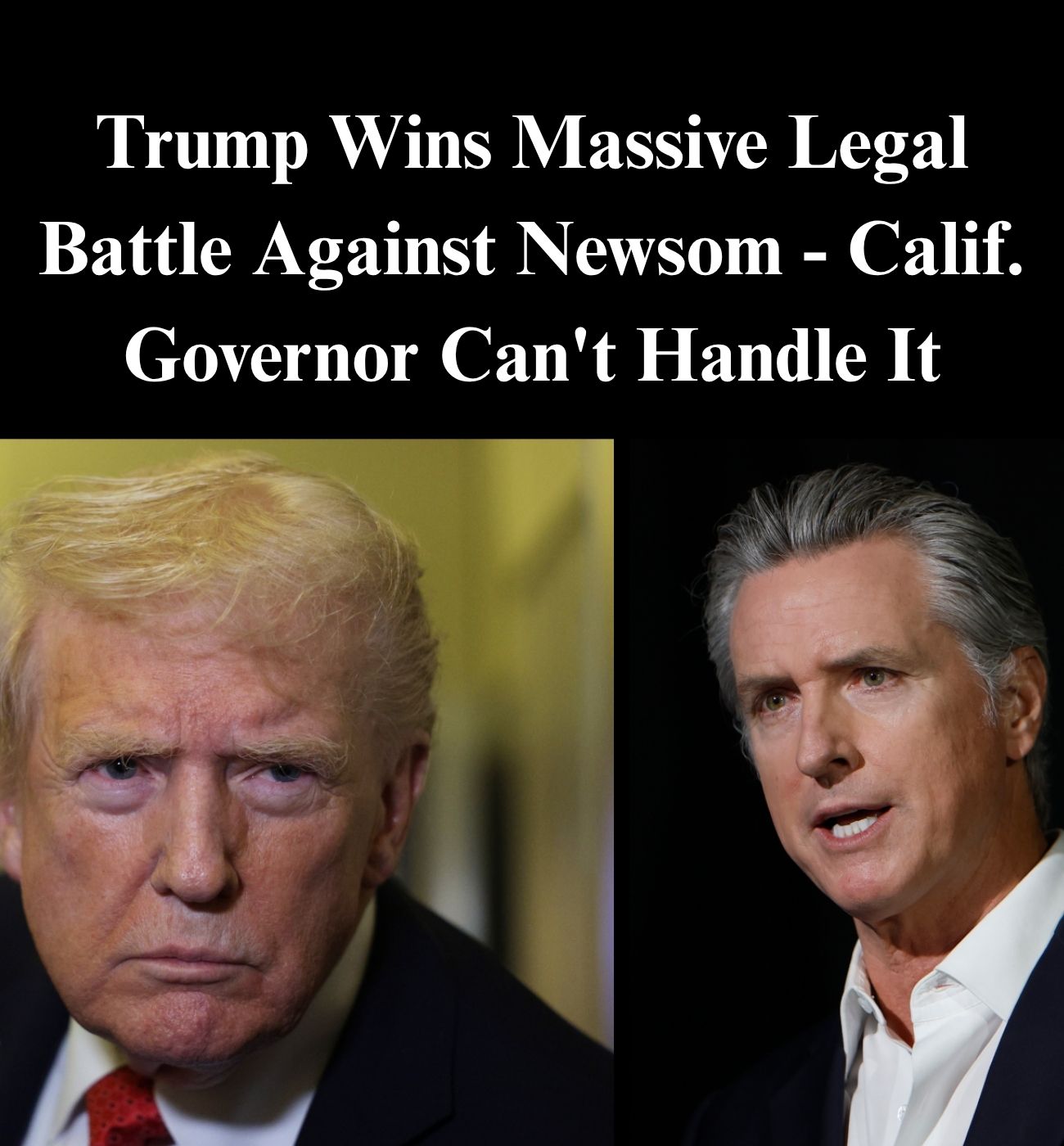The U.S. Court of Appeals for the Ninth Circuit has denied California’s request for an en banc rehearing in Newsom v. Trump, effectively preserving an earlier panel ruling that allowed President Donald Trump to retain federal control over California National Guard troops.
The short order from the court confirmed that a majority of eligible judges did not support a full-court review, thereby concluding the state’s challenge under docket No. 25-3727.
The decision upholds the Ninth Circuit panel’s June 19 ruling by Judges Mark J. Bennett, Eric D. Miller, and Jennifer Sung, which stayed a lower court order and found Trump’s federalization of the Guard likely consistent with federal law.
The case centers on events that began on June 6, 2025, when U.S. Immigration and Customs Enforcement agents carried out raids near the Metropolitan Detention Center in Los Angeles. The operation resulted in 44 arrests and detentions of an additional 70 to 80 individuals.
Protests quickly followed, escalating into confrontations in which demonstrators reportedly threw objects at federal officers and caused minor damage to federal property.
In response, President Trump invoked 10 U.S.C. § 12406 the next day, ordering the federalization of 4,000 California National Guard troops for 60 days. His directive tasked them with protecting federal personnel and property amid the unrest. Governor Gavin Newsom, who once championed the use of the National Guard for border security, challenged the move in a lawsuit filed on June 9 in the Northern District of California.
The suit argued that Trump violated statutory protocols requiring federalization orders to be routed through state governors and claimed the order infringed on state sovereignty under the Tenth Amendment.
U.S. District Judge Charles R. Breyer initially sided with the state on June 10, issuing a temporary restraining order that blocked the deployment and returned command of the Guard to Newsom. The Justice Department immediately appealed and secured an administrative stay, followed by the Ninth Circuit panel’s decision on June 19 to stay the district court’s order entirely.
The panel applied a “highly deferential” standard of review and found Trump’s action likely lawful under § 12406(3), given the immediate threat to federal officers and property and the inability of local law enforcement to contain the situation. The judges concluded that delivering the order through California’s Adjutant General met the statutory requirement for routing it via the governor, even if it did not follow every procedural detail. The panel also rejected the district court’s broader injunction, emphasizing that courts do have a role in reviewing federal troop deployments, countering the administration’s claim that such actions were entirely beyond judicial oversight.
Following the en banc denial, Senior Circuit Judge Marsha S. Berzon issued a sharply worded statement, joined by Chief Judge Mary Murguia and nine others. Berzon warned that the panel’s deference set a dangerous precedent for unchecked executive power to deploy troops in American cities during events that local authorities could typically handle.
“This case presents an issue of the gravest consequence: the peacetime deployment of military troops in American cities,” she wrote, raising concerns about the erosion of federalism and the balance of powers. Circuit Judge Ronald M. Gould dissented separately, urging a full-court reconsideration given the risk of future executive overreach.
Although the 60-day deployment has since expired, the Ninth Circuit panel has yet to issue a final ruling on the merits of the appeal. Governor Newsom’s office has not announced whether it will seek U.S. Supreme Court review, though a petition for certiorari remains possible within the standard 90-day window.
The ruling carries broader implications. Within the Ninth Circuit’s jurisdiction—covering nine Western states—the decision expands presidential authority to federalize National Guard units without state consent during domestic disturbances. Legal analysts have pointed to the panel’s composition—two Trump appointees and one Biden appointee—as key to the outcome that blocked Newsom’s attempt to regain control of the Guard.
Similar legal battles are unfolding in Oregon and Illinois, raising the possibility of a circuit split that could eventually draw in the Supreme Court.
